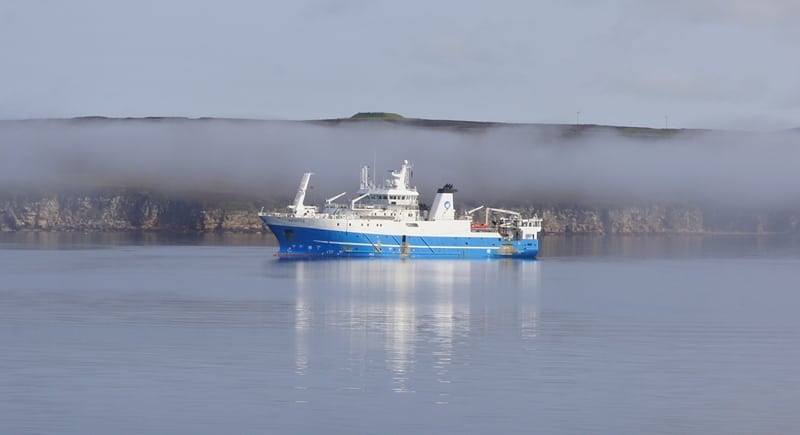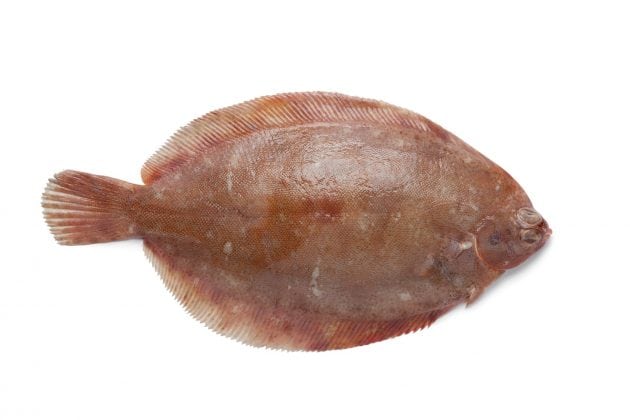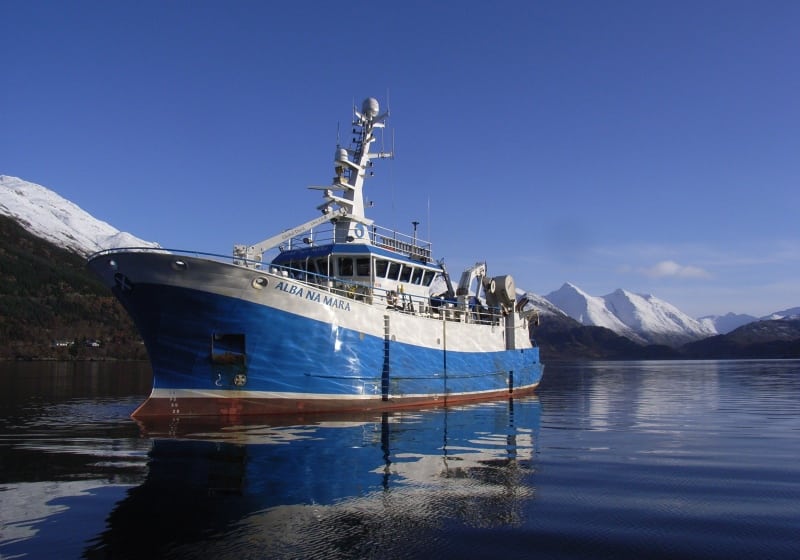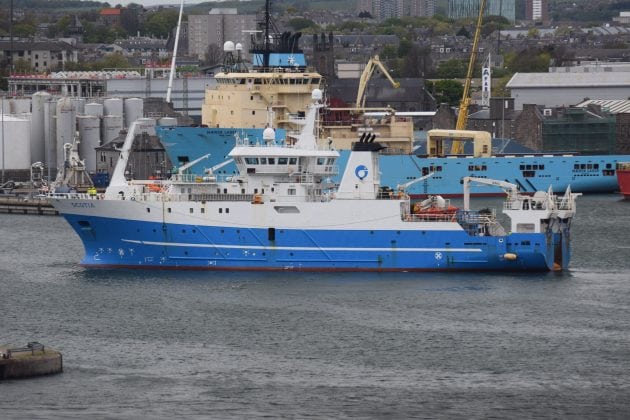Marine
-
Celebrating Science and Year of the Young Person with Andronikos Kafas
22nd February 2018 by Marine Directorate Communications
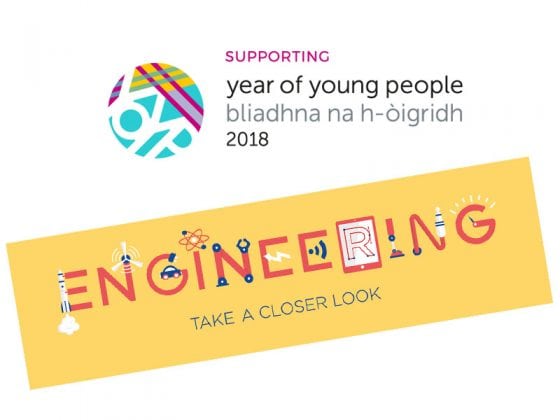
As mentioned last month, 2018 is both the Year of the Engineer and the Year of the Young Person. This month’s blog is about one of our many colleagues who are inspiring the next generation with their Outreach work. This is Andronikos, one of our marine renewable energy scientists. To see what he does, in this...
-
Trawling for ICES in the north and west of Scotland
16th February 2018 by Marine Directorate Communications

Duration: 15 February – 7 March 2018 Fishing Gear: GOV Trawl (BT 137) fitted with ground gear D. Objectives: Demersal trawling survey of the grounds off the north and west of Scotland in ICES Subarea VIa. To obtain temperature and salinity data from the surface and seabed at each trawling station. Collect additional biological data...
-
Iambic Pentameter Meets the ICES North Sea Lemon Sole Benchmark
14th February 2018 by Marine Scotland Communications

Last year we introduced you to our Sea Fisheries Programme Manager, Dr Coby Needle. When he isn’t dealing with fish stock and assessment, or even sometimes when he is, he also writes. So here, in something a little different, we introduce you to the work of the ICES Benchmark Workshop on North Sea Stocks in poetry. Attend,...
-
Celebrating the Year of the Engineer – Meet Neil Collie
6th February 2018 by Marine Scotland Communications

As we mentioned in our blog in January, 2018 is the Year of the Engineer as well as the Year of the Young Person. Over the course of the year, we’ll be introducing you to some of our incredibly talented engineers, as well as showing your some of their work. Next up, we hear from our...
-
Celebrating Science and Year of the Young Person with Dr Nabeil Salama
25th January 2018 by Marine Scotland Communications

This is Nabeil, one of our scientists. When he’s not leading a team of fisheries scientists or running around the lab working on wrasse or fisheries stock assessment, he’s also just taken on the role of Marine Scotland Science’s Outreach steering group coordinator. What’s your career path been – how did you get here? For...
-
Counting scallops
24th January 2018 by Marine Scotland Communications

Duration: 25 January – 7 February 2018 Fishing Gear: Scallop dredges Objectives To carry out a survey of scallop stocks around the Shetland Islands. To age, measure and assess shell damage on all scallops caught. To collect information on by-catch of other commercial fish and shellfish species. To identify, quantify numbers, and damage assess of...
-
Getting to the Bottom of things
23rd January 2018 by Marine Directorate Communications

Duration: 23 January – 12 February 2018 Fishing Gear: GOV Trawl (BT 137) with ground gear A & B MIK Net (Round Frame with IK depressor) MIKeyM net (attached onto the MIK net on selected stations) Objectives: To complete an internationally coordinated demersal trawling survey in the North Sea in ICES area IV. To undertake...
-
So, how were the nephrops?
19th January 2018 by Marine Scotland Communications
At the beginning of January, we blogged about the research adventures of the Alba na Mara as she went off in search of nephrops. The Scientist in Charge of that survey got back in touch with us to let us know how they’d got on: The west coast TV survey abroad Alba na Mara spent...
-
Celebrating the Year of the Engineer – Aries. More than just a star sign
16th January 2018 by Marine Scotland Communications

As we mentioned in our blog earlier this month, 2018 is the Year of the Engineer as well as the Year of the Young Person. Over the next 12 months, we’ll be introducing you to some of our incredibly talented engineers, as well as showing your some of their work. First up, one of our...
-
2018 – A year for a double celebration
8th January 2018 by Marine Scotland Communications

2018 is going to be a busy year with two things for us to shout about – the Year of the Engineer and the Year of Young People. The Year of the Engineer Designed to inspire the next generation of engineers, the Year of the Engineer also gives us the opportunity to celebrate and showcase...

